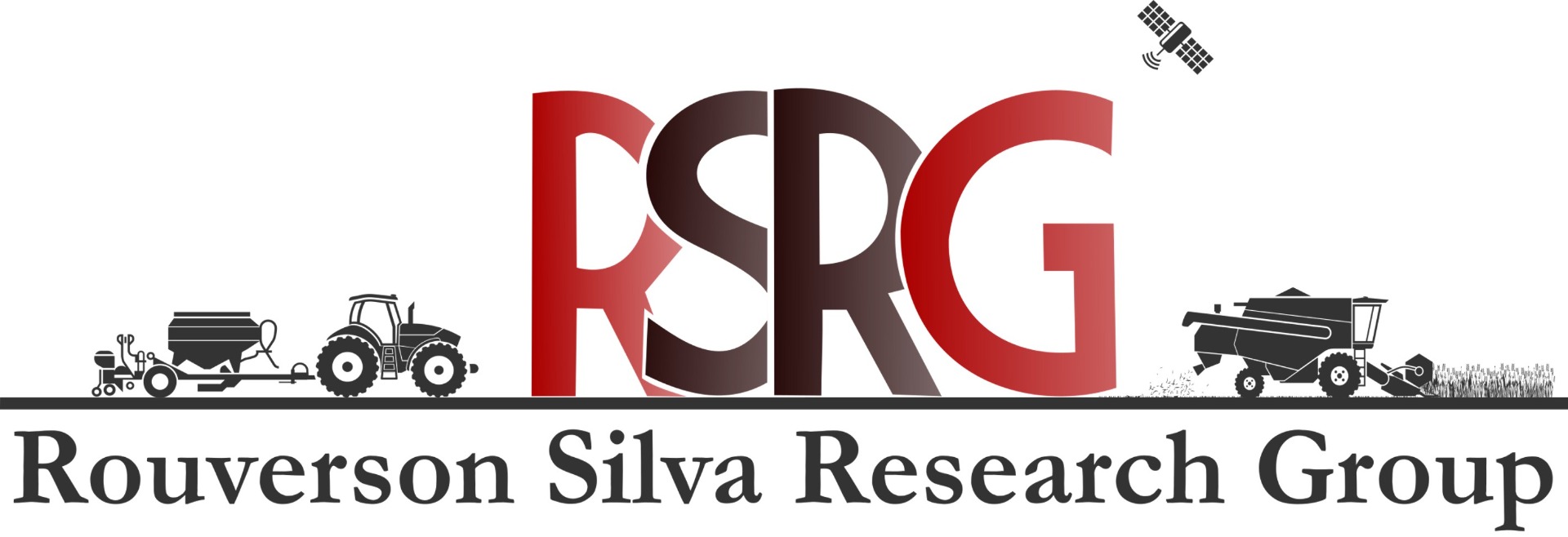About us
The Rouverson Silva Research Group (RSRG) is based at São Paulo State University and specializes in Research and Development in the field of Digital Mechanization, aiming to deliver practical and immediate solutions to meet market demands.
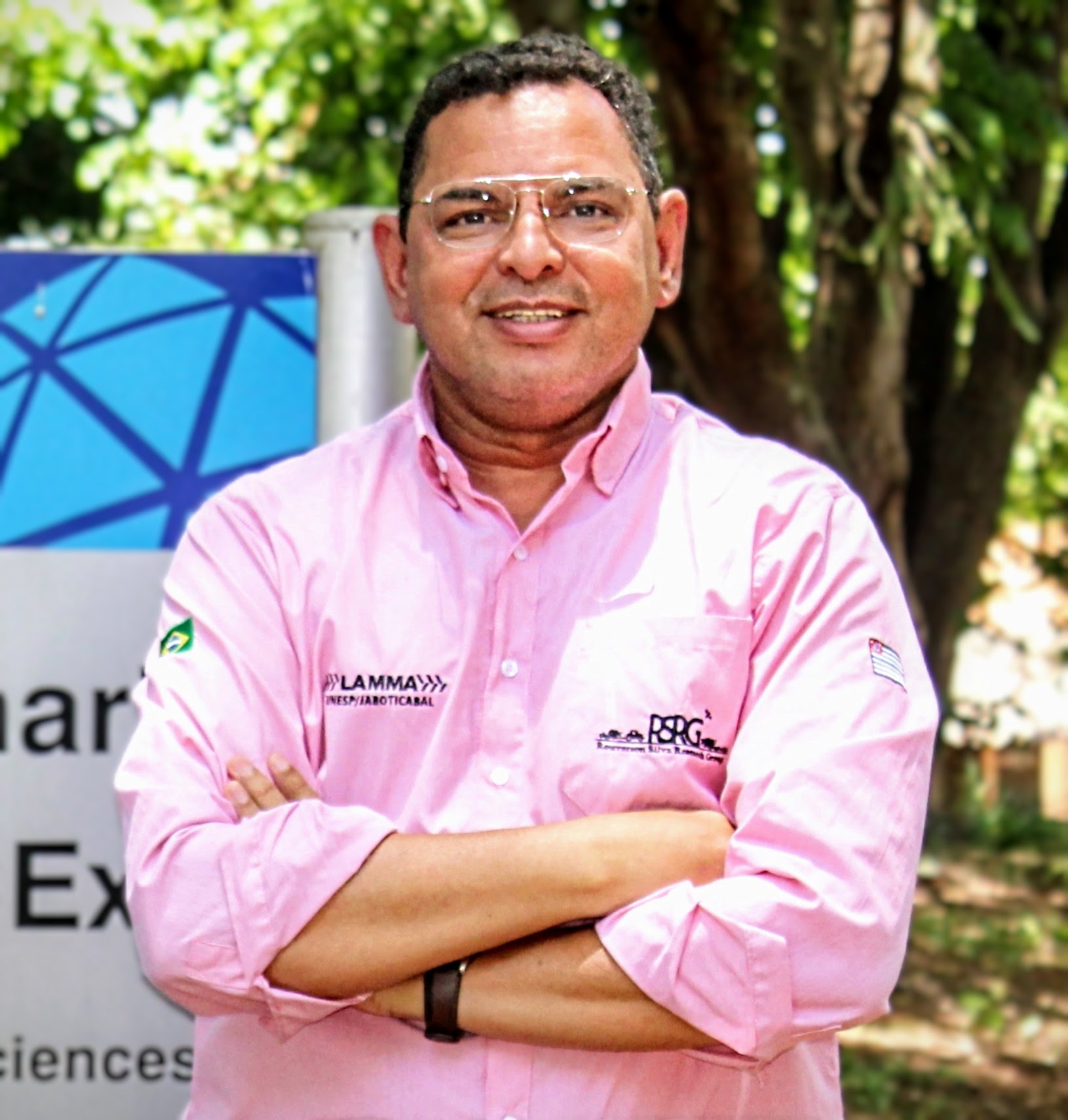
Dr. Rouverson Pereira da Silva – São Paulo State University (UNESP)
Head of the team / Advisor
ORCID | Linkedin | Curriculim
ResearcherID | Google Scholar Citations | Scopus Author ID |
Dr. Rouverson Pereira da Silva is a distinguished professor and researcher in Agricultural Engineering at São Paulo State University (UNESP), Jaboticabal campus. He holds degrees in Agricultural Engineering (UFLA), Mechanical Engineering (UFU), and a Ph.D. in Agronomy (UNESP), with postdoctoral training at the University of Georgia (USA).
Dr. Silva leads the Rouverson Silva Research Group (RSRG/LAMMA), an interdisciplinary team focused on digital mechanization, precision agriculture, and smart harvesting systems. His group develops field-based solutions that enhance sustainability and resilience in tropical agricultural systems, aligned with the UN Sustainable Development Goals.
With over 276 scientific articles, 11 books, 38 book chapters, and 550+ conference papers, Dr. Silva is one of Brazil's most prolific researchers in agricultural mechanization. He has mentored 21 Ph.D. theses, 31 master's dissertations, and 160 undergraduate research projects, contributing significantly to the formation of new scientists and professionals in Brazil and abroad.
Internationally, Dr. Silva collaborates with institutions in the United States, Latin America, and the Caribbean, including long-standing partnerships with the University of Georgia, Auburn University, and UFSM. He serves as Latin America and Caribbean Representative for the International Society of Precision Agriculture (ISPA), Executive Director of the Latin American and Caribbean Association of Agricultural Engineering, and Director of International Relations for the Brazilian Association of Agricultural Engineers.
Recognized as a pioneer in mechanized peanut harvesting in Brazil, Dr. Silva's work continues to shape the future of smart farming and agricultural innovation.
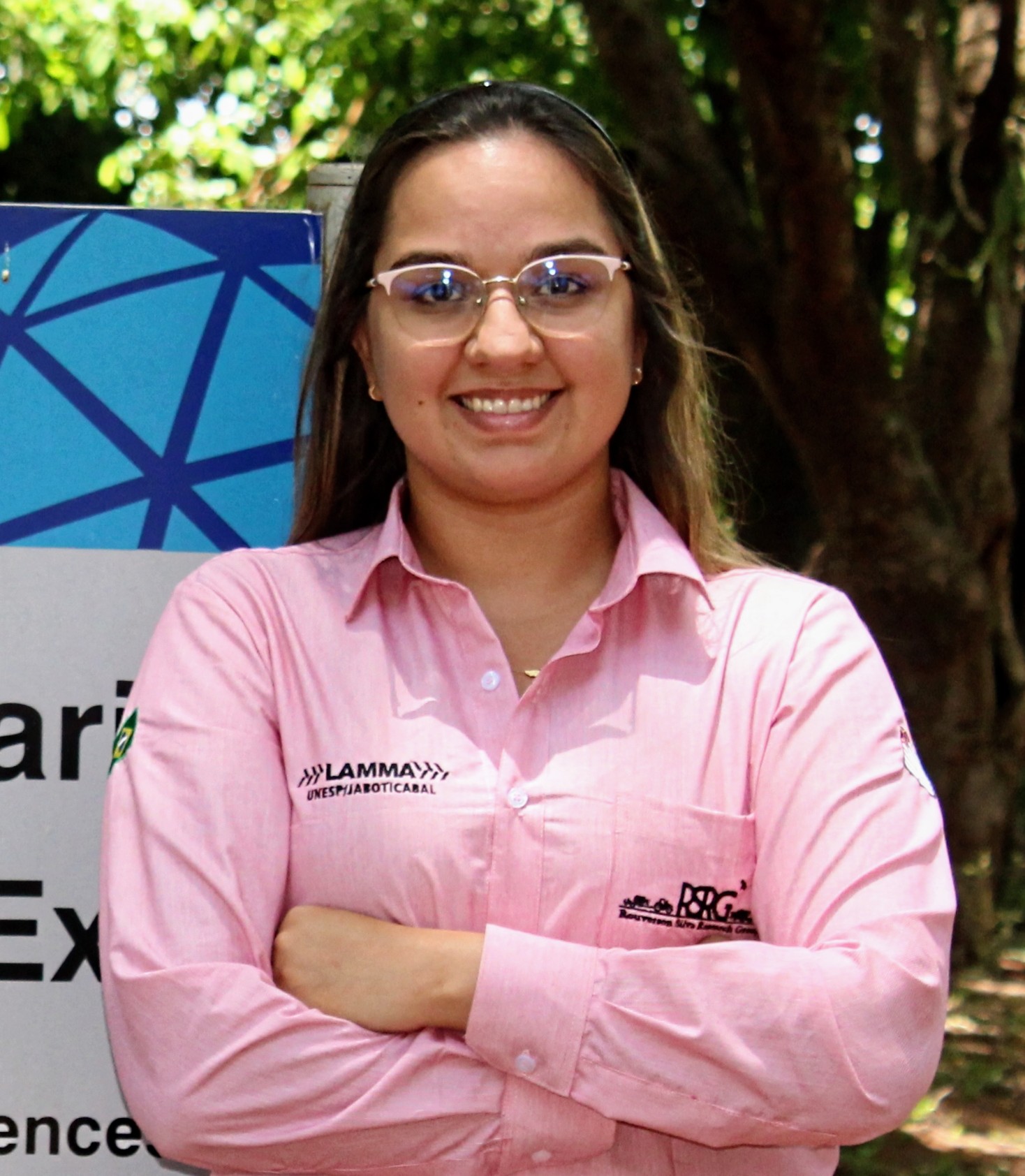
Graduate Students
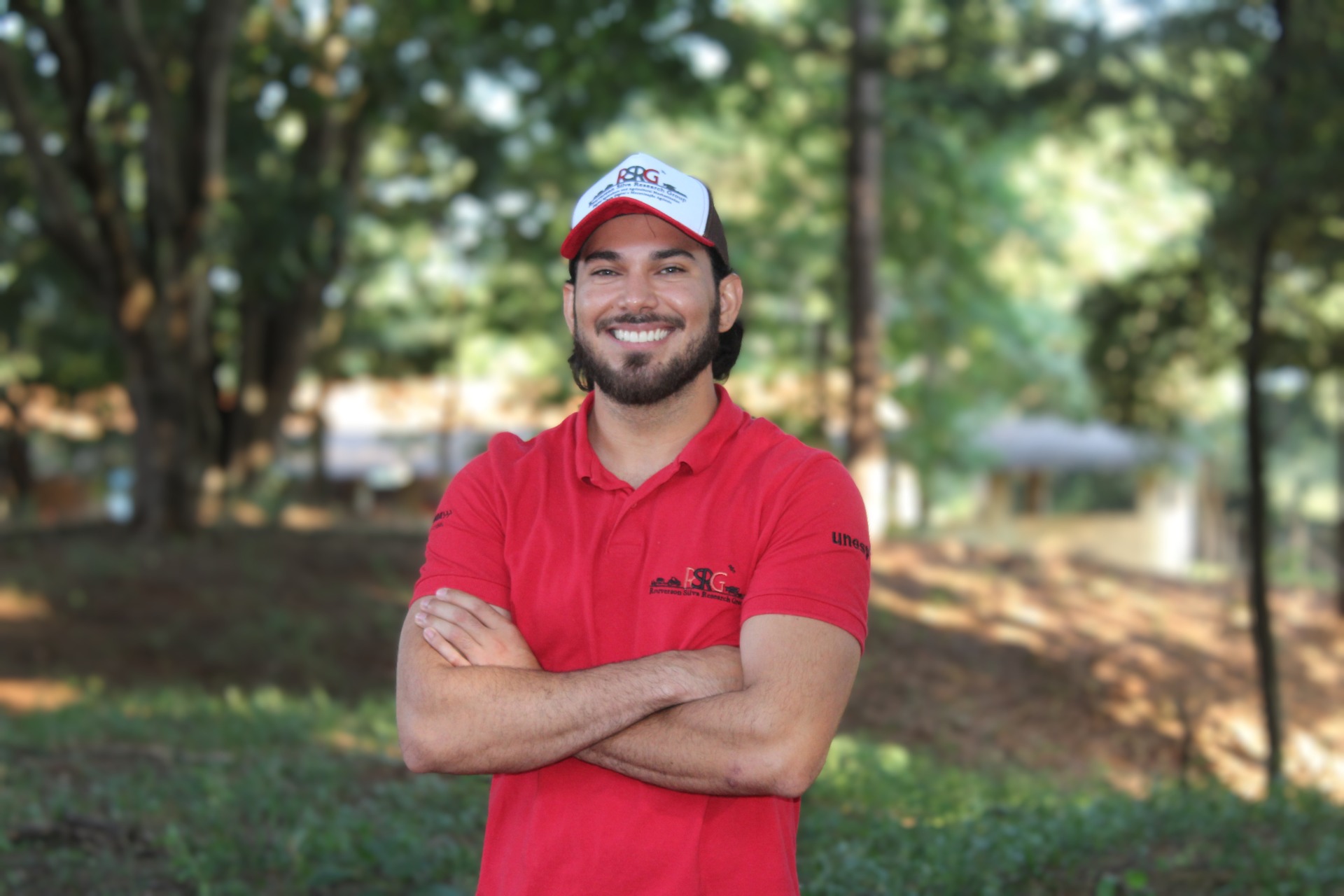
Airton Andrade da Silva - PhD Student | ORCID | Linkedin | Curriculum
CAPES Fellow
"Less loss, more yield: the power of management zones."
Project: Management Zones: Precision and efficiency in soybean harvesting
Objective: To evaluate the impact of creating management zones based on yield prediction on the efficiency of soybean mechanized harvesting, through the application of customized settings aimed at reducing losses.
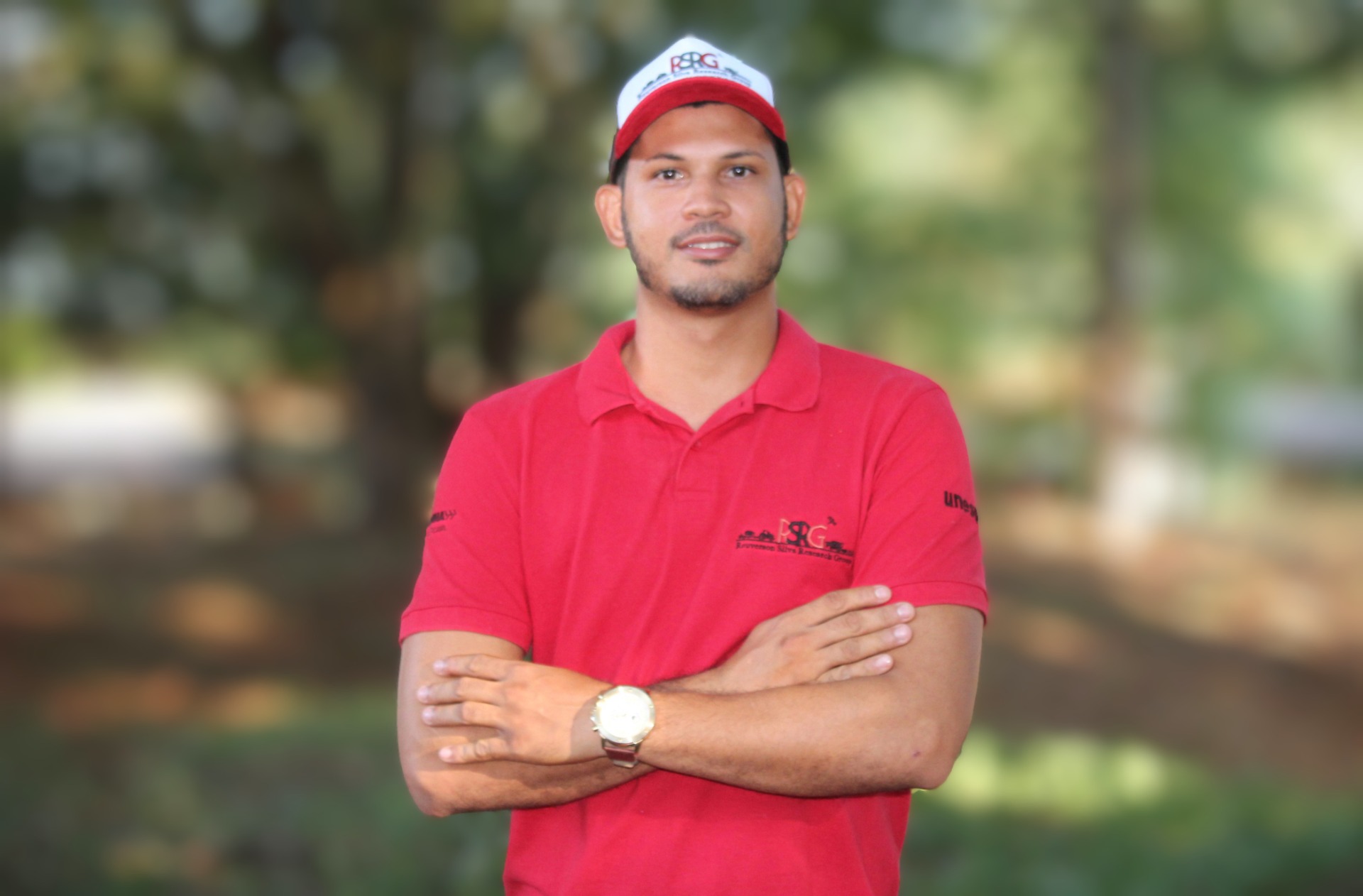
"AI-powered mechanization: precision, performance, and sustainability in every field."
Project: On-Farm Mechanization Sizing Models with AI
Objective: To develop and apply farm mechanization sizing models assisted by artificial intelligence, aiming at the careful and customized definition of mechanized sets. The approach considers the diversity of agricultural operations to promote efficient farm management, optimize the use of available resources, maximize operational performance, and incorporate sustainable practices that reduce environmental impacts and encourage the responsible use of energy and inputs.
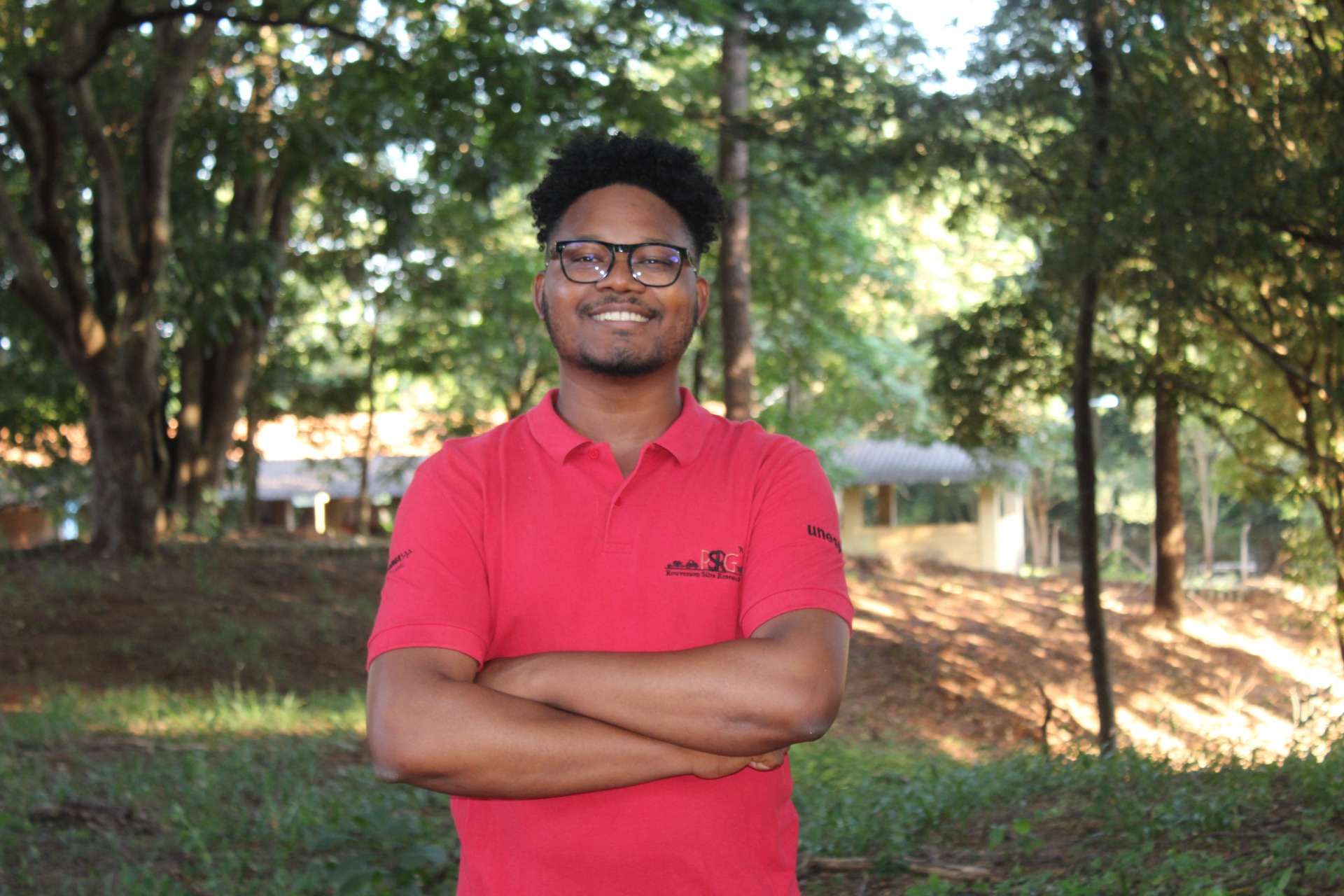
Igor Cristian de Oliveira Vieira - PhD Student | ORCID | Linkedin | Curriculum
CAPES Fellow
"Climate brings chaos. Our job is to find the pattern for future growing seasons."
Project: Agroclimatic and topographic zoning for mechanized peanut cultivation in Brazil and the United States under climate change scenarios
Objective: To develop an agroclimatic and topographic zoning plan for peanut cultivation in Brazil and the United States, aiming to identify and map suitability classes for mechanized farming under current and future climate scenarios, based on different CO₂ emission projections.
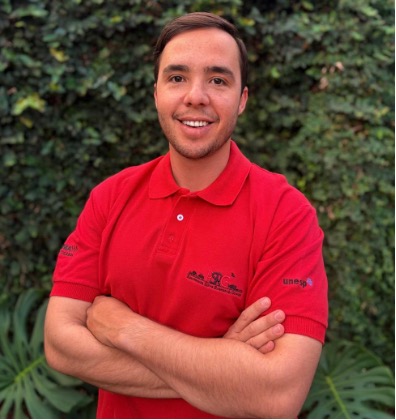
Paulo Henrique Cardoso | ORCID | Linkedin | Curriculum
"Turning data into decisions: artificial intelligence to maximize sugarcane yield and quality."
Project: Machine learning and remote sensing: predictive modeling of sugarcane quality
Objective: To develop and validate predictive models based on machine learning, using remote sensing data (from satellites and drones), to estimate sugarcane quality parameters such as Brix, Pol, and purity at different phenological stages, supporting decision-making on the optimal harvest timing and improving overall production efficiency.
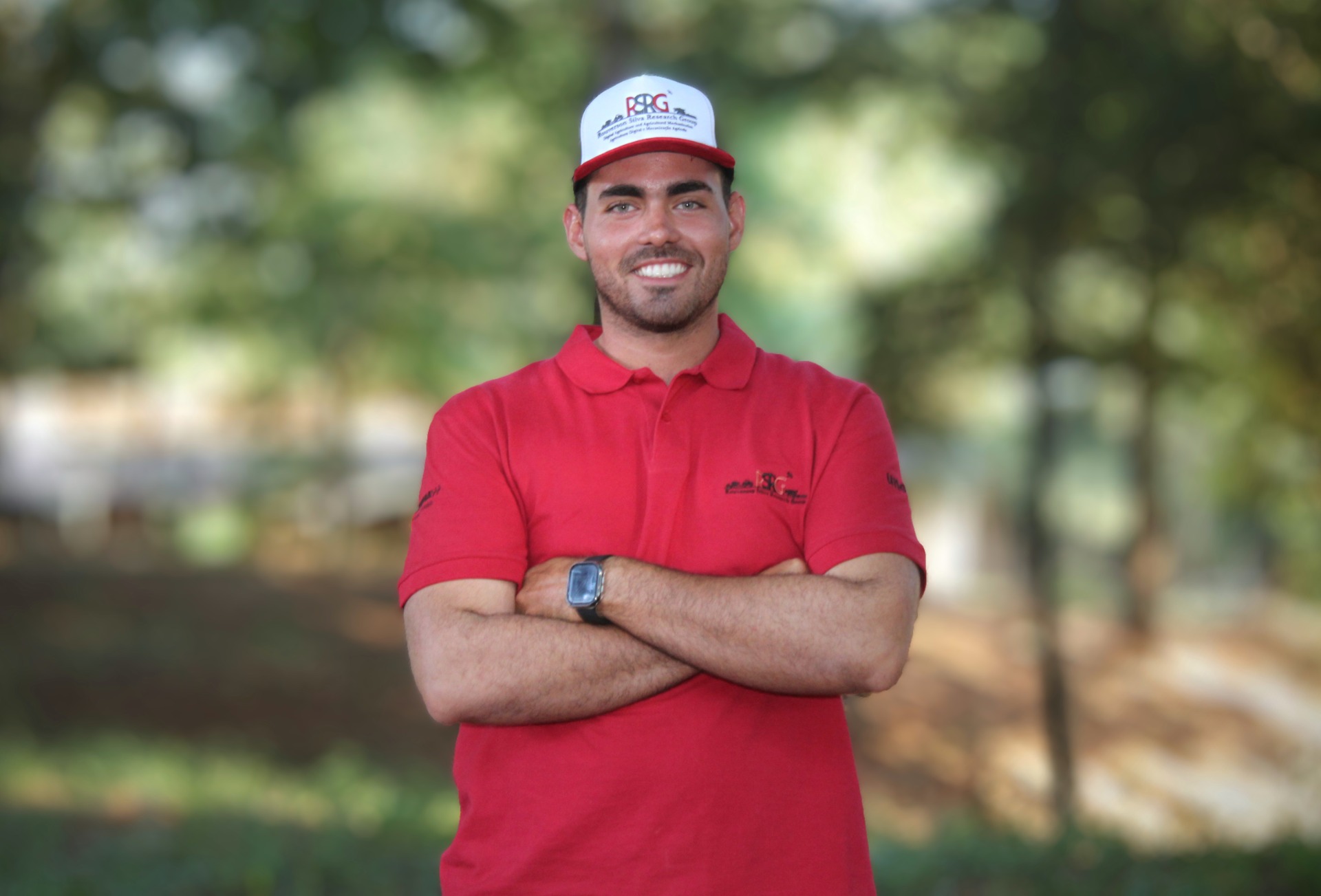
Pedro Henrique Nogueira Gusmão - MSc Student | ORCID | Linkedin | Curriculum
CAPES Fellow
"Smart farming for a sustainable and loss-free peanut harvest."
Project: Georeferenced reconstruction of peanut windrows using LiDAR and drone imagery for harvest optimization
Objective: To develop a georeferenced reconstruction system for peanut windrows using mobile laser scanning, static LiDAR, and drone imagery, aiming to generate high-resolution 3D products (DEM, DSM, and orthomosaics) that support machine adjustments, improve operational performance, and reduce losses and environmental impacts.
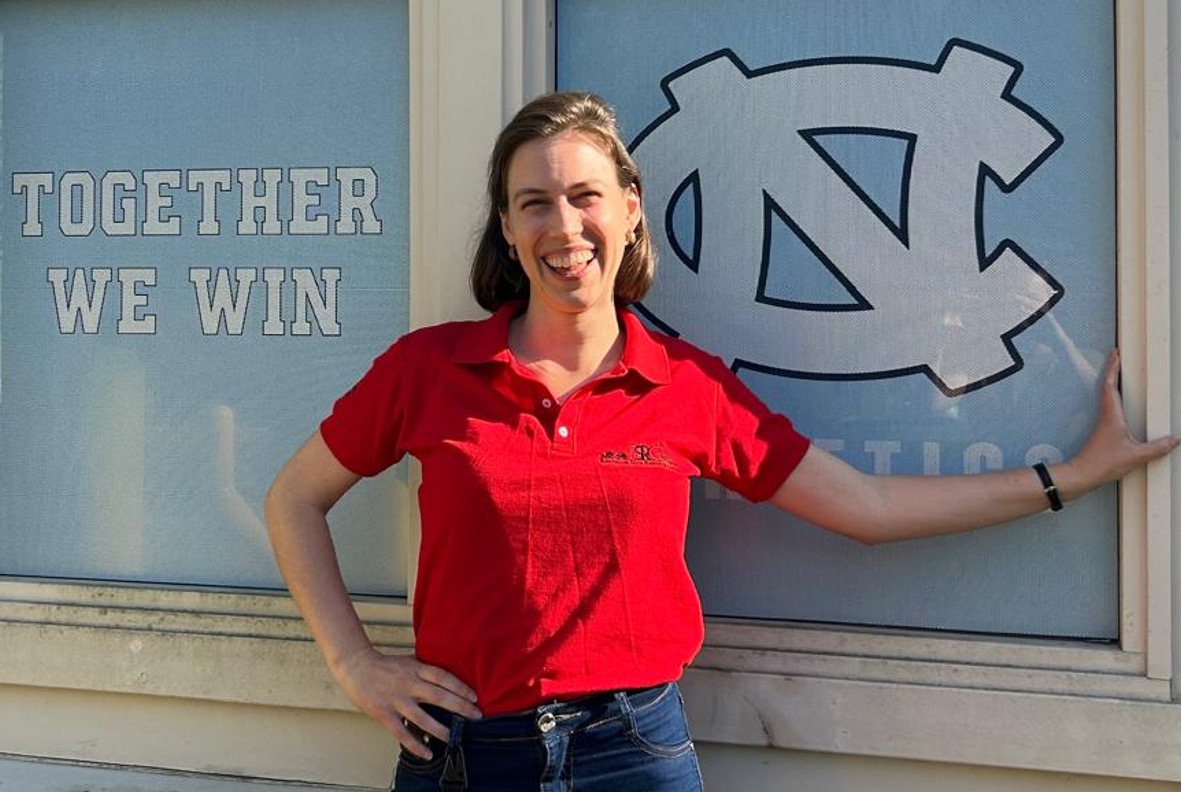
Rosemary Gay - PhD Student | ORCID | Linkedin | Curriculum
(University of North Carolina - U.S.A.)
"Peanut connecting science, territory, and geopolitics between Brazil and the U.S."
Project: Peanut Powers: Transamerican Scientific Innovations in Brazil and the U.S.
Objetive: To investigate scientific exchanges between Brazil and the U.S. in the peanut agro-industrial sector, analyze how geopolitical relations shape international agricultural science, and document local and global practices of specialists through ethnographic research.
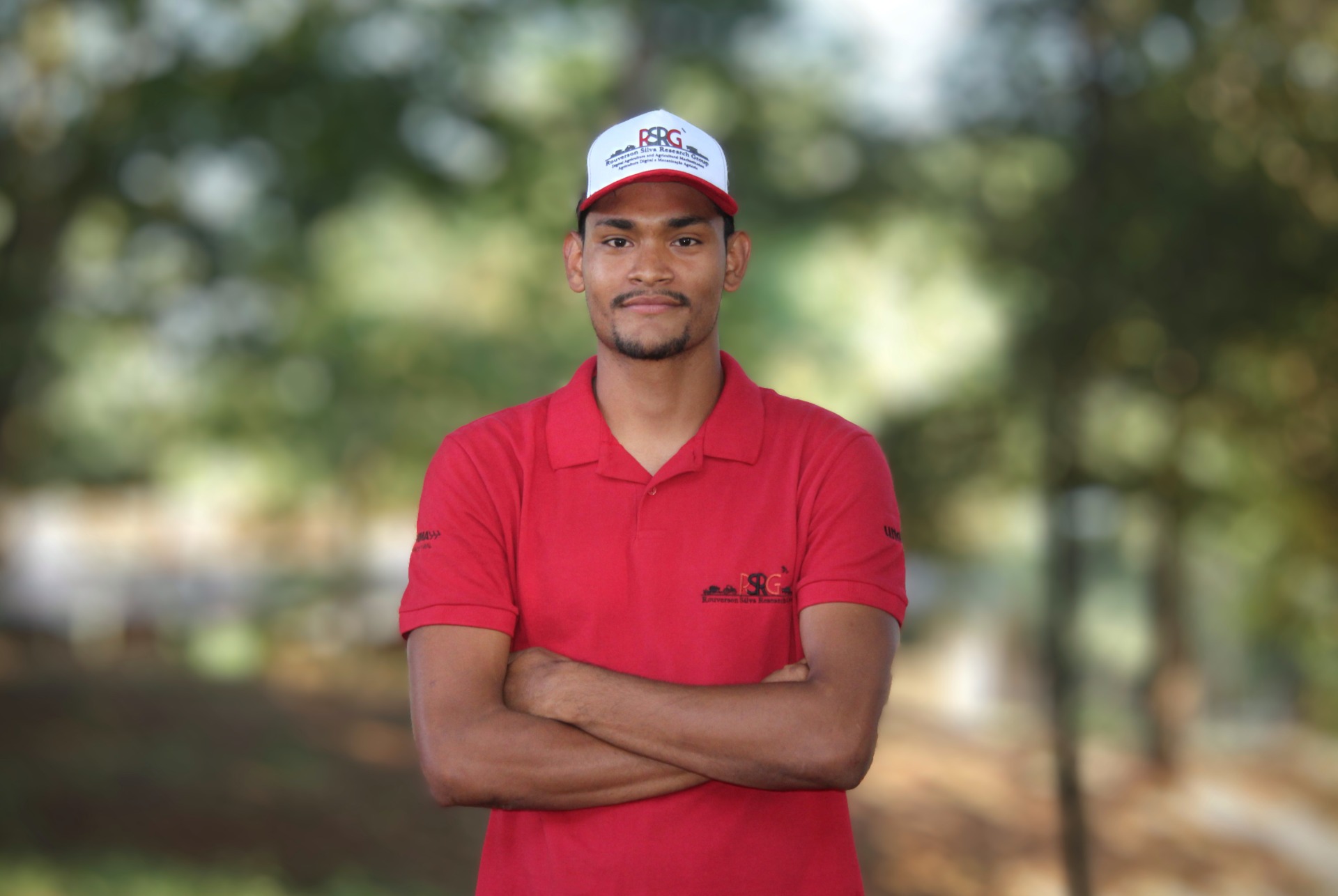
Thiago Caio de Moura Oliveira - PhD Student | ORCID | Linkedin | Curriculum
CAPES Fellow
"In smart agriculture, technology outperforms talent when talent fails to keep up."
Project: Delimitation of Management Zones Using Remote Sensing and Artificial Intelligence for Smart Mechanized Peanut Harvesting
Objective: To estimate the peanut maturation index using remote sensing data and, based on this estimation, define management zones considering the spatial variability of maturation. Artificial intelligence models will be applied to generate more accurate predictions, aiming to optimize smart mechanized harvesting and promote greater efficiency and sustainability in agricultural production.
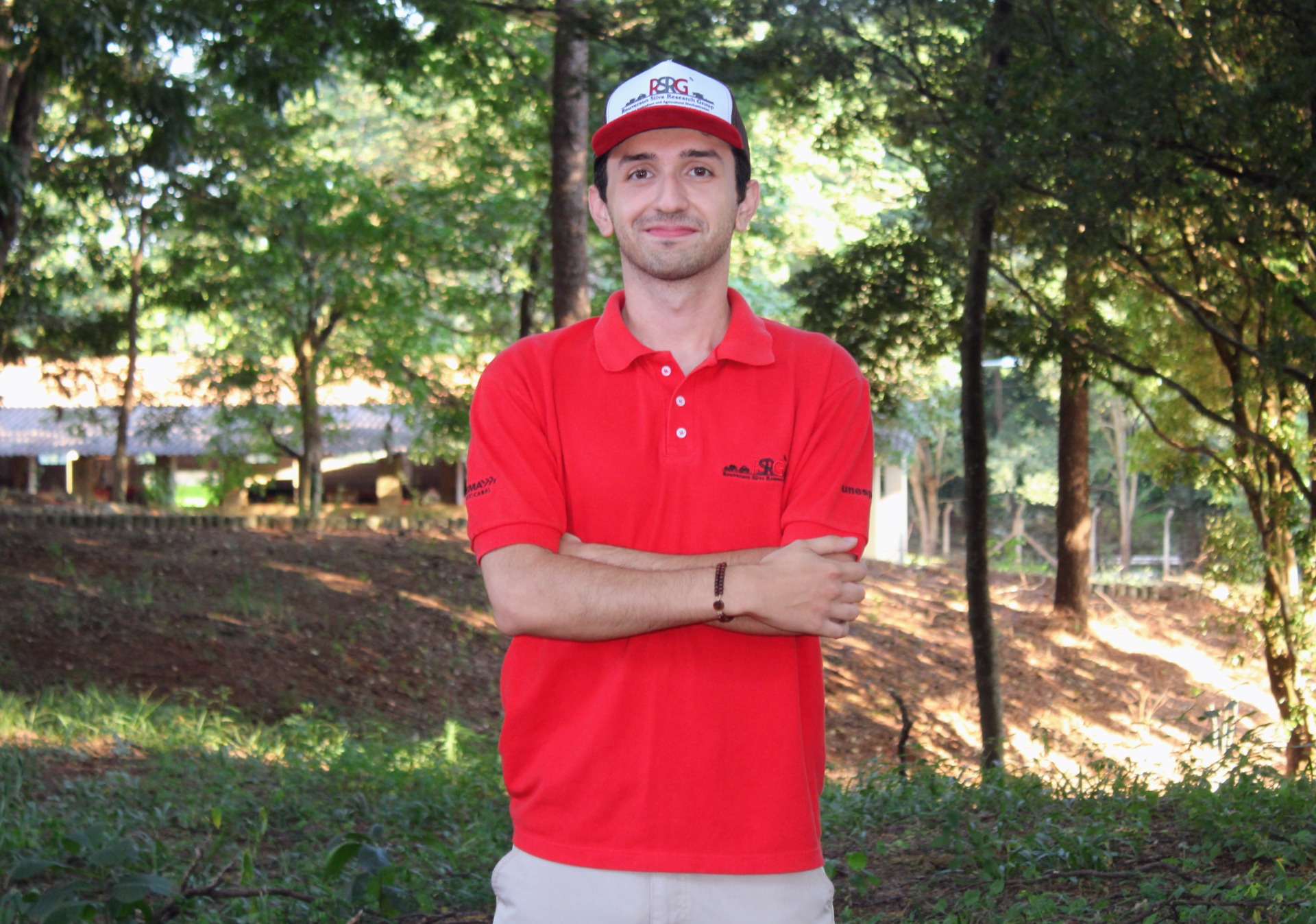
Vinicius dos Santos Carreira - PhD Student | ORCID | Linkedin | Curriculum
FAPESP Fellow
"High-resolution remote sensing meets tomato farming."
Project: High-resolution remote sensing techniques for tomato crops
Objective: To develop a framework that integrates a range of techniques using UAV imagery for tomato crops. This framework includes: 1. pipeline optimization (transmission, radiometry and geometric corrections), 2. yield and maturity estimation using spectral data and machine learning, 3. yield loss mapping using convolutional neural networks and 4. a pipeline for analyzing sun-view geometry in UAV imagery of vertical canopies.
Undergraduate Students
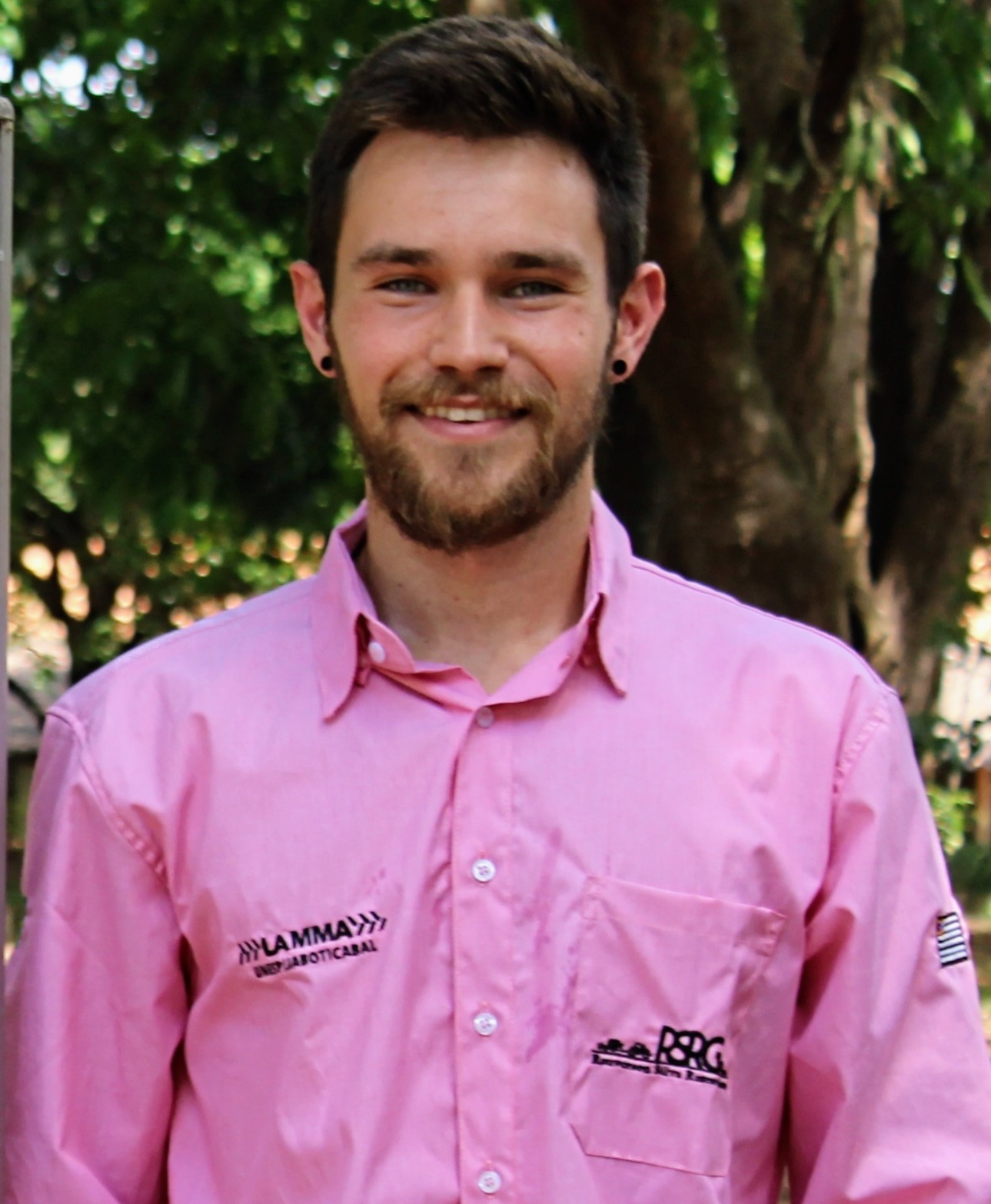
Bruno Ripa Baptista | ORCID | Linkedin | Curriculum
FAPESP Fellow
"Developing cutting-edge technologies to optimize crop monitoring and drive digital agriculture."
Project: High-Resolution Remote Sensing for Potato Crop Monitoring
Objective: to develop high-resolution remote sensing methods for monitoring potato crops. By integrating image processing and artificial intelligence, it seeks to estimate key production parameters, improve decision-making, and enhance crop quality and productivity.
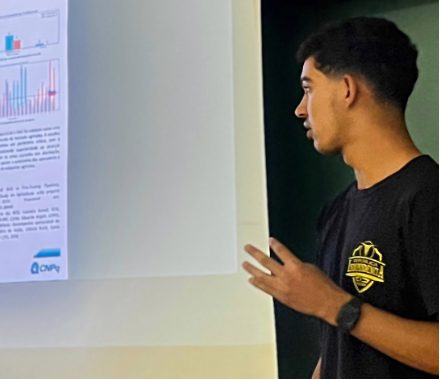
Felipe Zorzan Dos Santos
| ORCID | Linkedin | Curriculum
"From manual to digital: agile information for smarter farming."
Project: Generative artificial intelligence for automated consultation of agricultural machinery technical manuals
Objective: To develop a chatbot, structured with generative artificial intelligence and integrated with LLM and RAG techniques, in order to automate the extraction and interpretation of technical information from agricultural machinery manuals. The goal is to make this information more accessible, faster, and more accurate for consultation, supporting the optimization of equipment use.
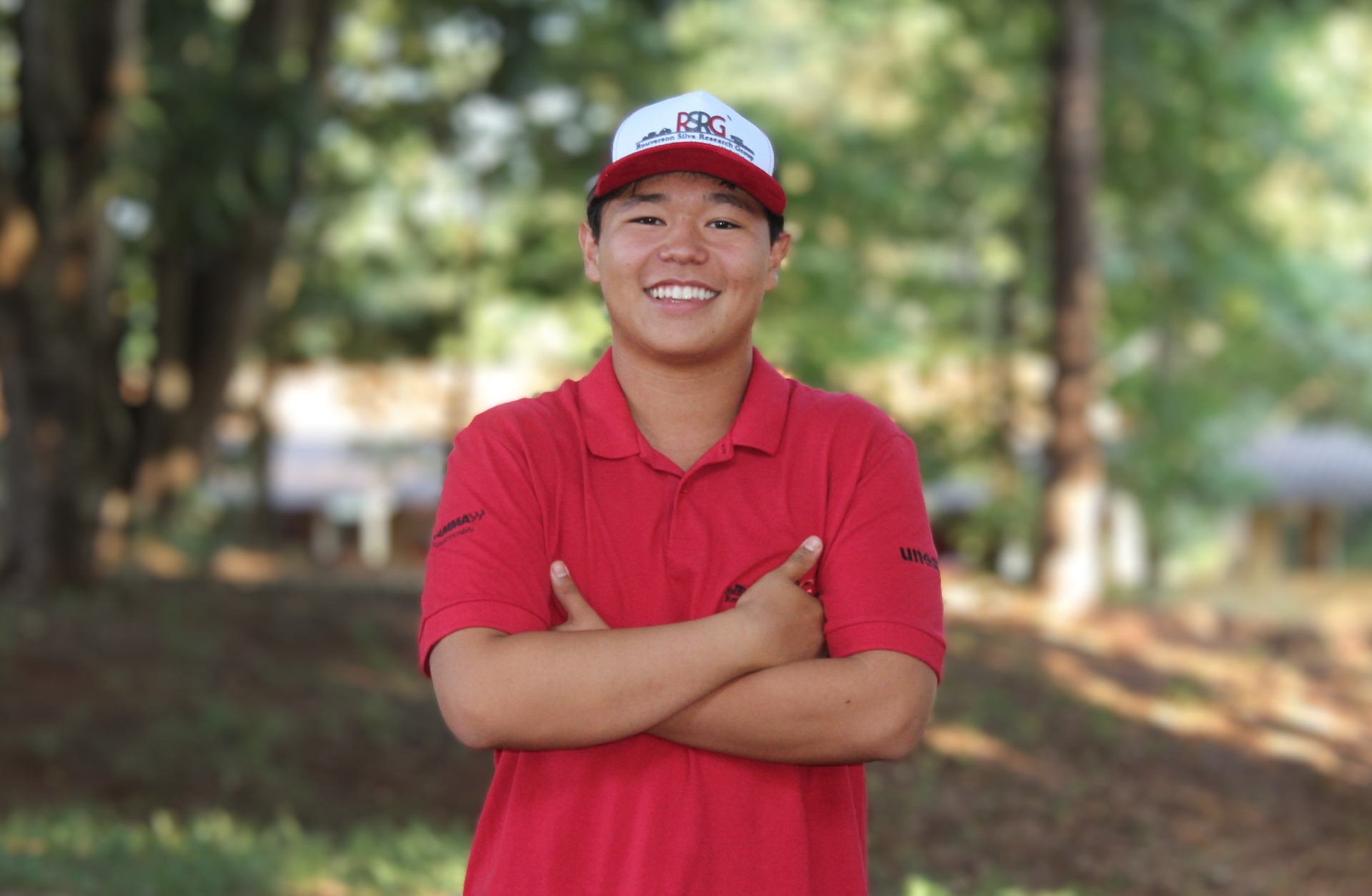
Gabriel Akio Hiraoka Dalmolin
| ORCID | Linkedin | Curriculum
"Technology and data for a precise and high-performance harvest."
Project: Optimizing combine harvester settings with statistical Process Control for improved corn harvest quality
Objective: To identify combine harvester adjustments that provide a more efficient and stable maize harvesting process. By applying Statistical Process Control (SPC) and control charts, the project monitors operational quality, detects sources of variation, and recommends ideal forward and threshing speeds to minimize grain losses and ensure an efficient mechanized harvest.
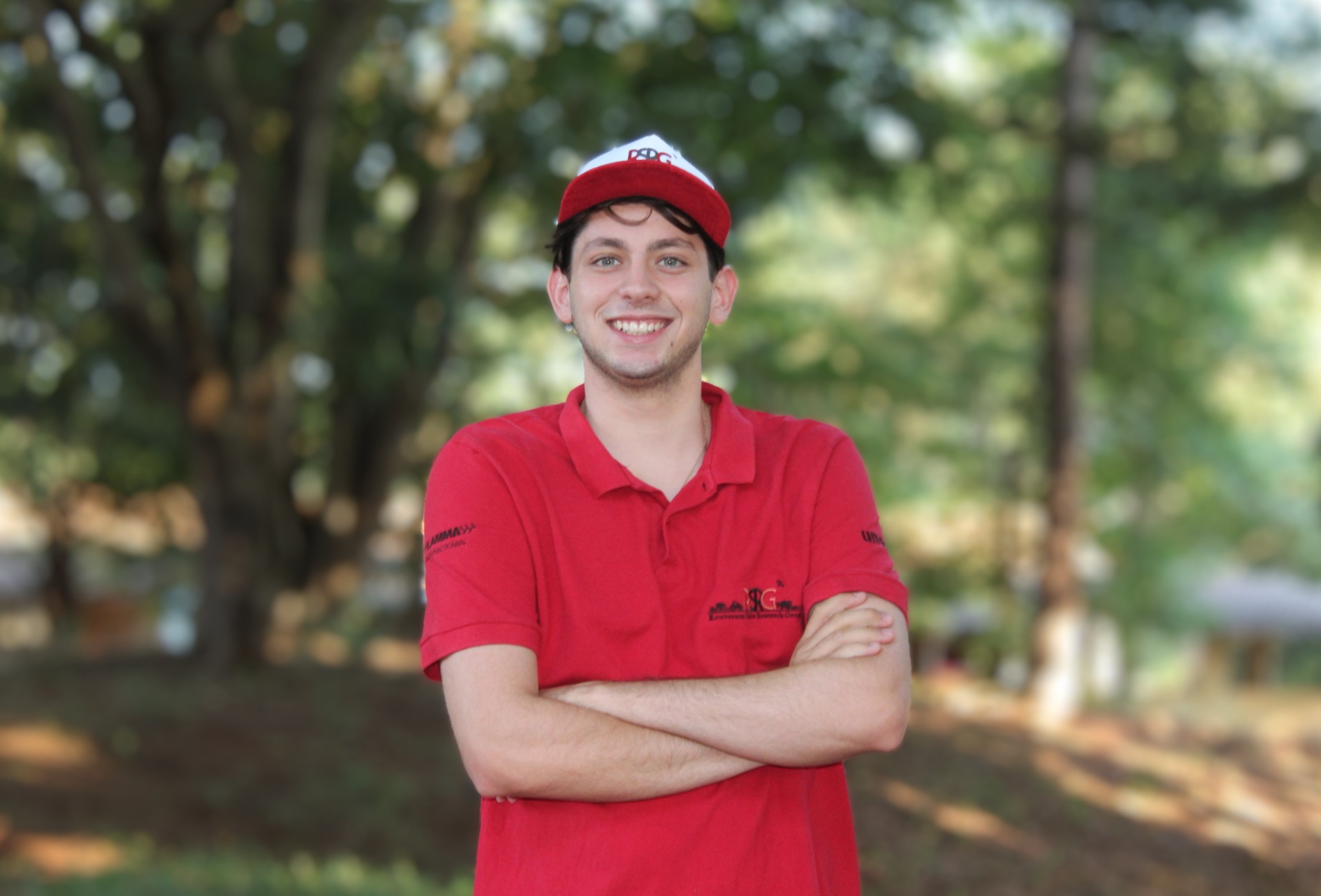
"Peanut harvest efficiency: less losses, more yield."
Project: Variability of Pod Detachment Force, Maturation, and Harvest Losses of Peanut
Objective: To evaluate pod maturation and detachment force in peanut cultivars, relating them to harvest losses through the quantification of losses during digging, determination of pod detachment force (PDF), and assessment of the pod maturity index (PMI).
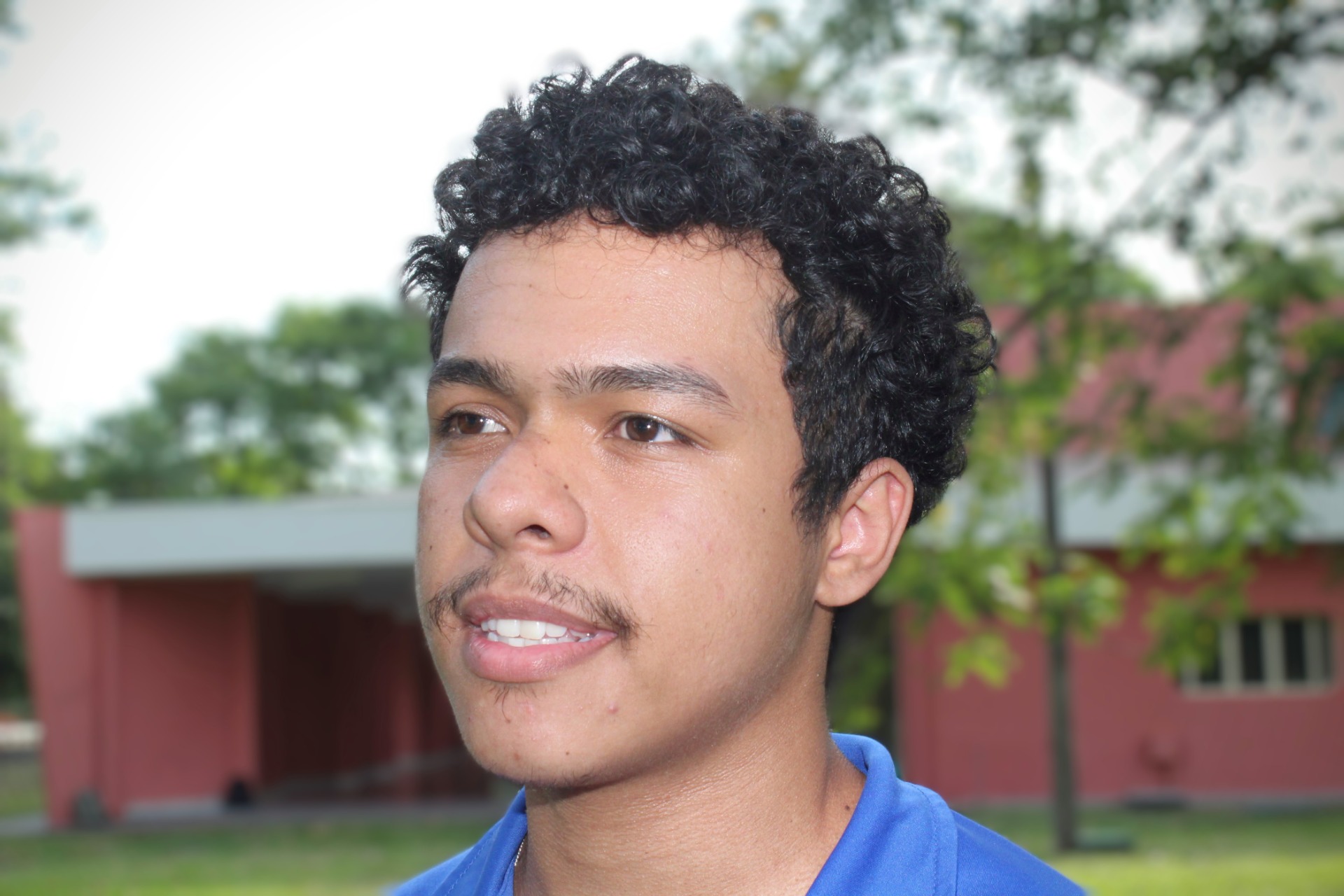
Gabriel Pereira Costa | ORCID | Linkedin | Curriculum
"From prediction to precision. Empowering peanut farming with technology."
Project: Application of Machine Learning algorithms and Remote Sensing in predicting peanut harvest losses
Objective: To develop a predictive model to estimate visible and invisible losses in peanut harvesting using machine learning algorithms. The project integrates remote sensing, soil, and topographic data to provide farmers with an advanced tool , aiming to optimize harvest management, increase productivity, and reduce economic losses.

Gustavo Otaviano Pizetta | ORCID | Linkedin | Curriculum
"Deep Learning in agriculture: detecting problems, cultivating solutions."
Project:Use of imaging for detection and monitoring of weeds in runner-type peanut crop
Objective: To use Deep Learning algorithms, specifically Convolutional Neural Networks (CNNs), to detect Mucuna preta (Mucuna aterrima) and Brachiaria grass (Urochloa decumbens) in peanut fields. This approach serves as a tool for monitoring and site-specific control of these weed species.
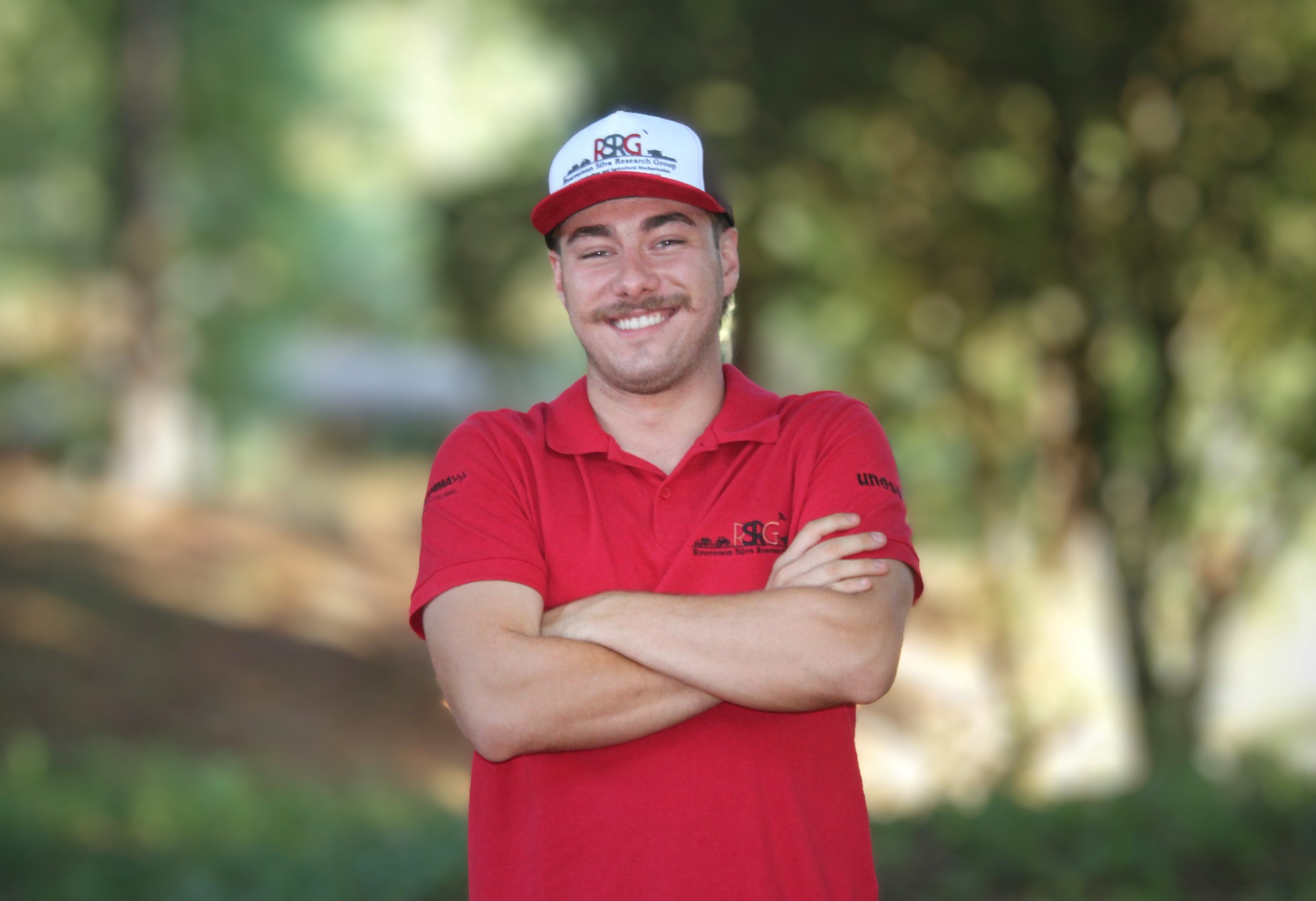
João Gabriel Querido Dias | ORCID | Linkedin | Curriculum
"Mapping the field, harvesting innovation."
Project: Minimizing errors in corn yield prediction using statistical analysis and Artificial Neural Networks
Objective: To enhance the accuracy of corn yield prediction by utilizing remote sensing and artificial neural networks. By applying statistical methods to handle data that do not follow a normal distribution, the study seeks to develop a more reliable model for crop forecasting—an essential tool for smart harvesting and agricultural planning.
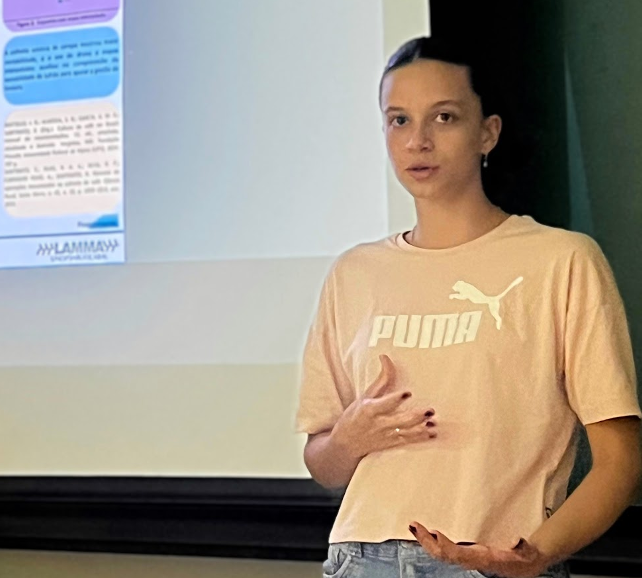
Natalia Acurcio Zimermam | ORCID | Linkedin | Curriculum
"Select the best, harvest success!"
Project: Spatial interpolation of coffee yield and maturation for economic return estimation
Objective: To evaluate the economic and agronomic benefits of selective cherry coffee harvesting in Catuaí IAC 62 plantations by analyzing fruit maturity, yield, and spatial variability. The project aims to develop strategies that enhance coffee quality and profitability through precision harvesting techniques.
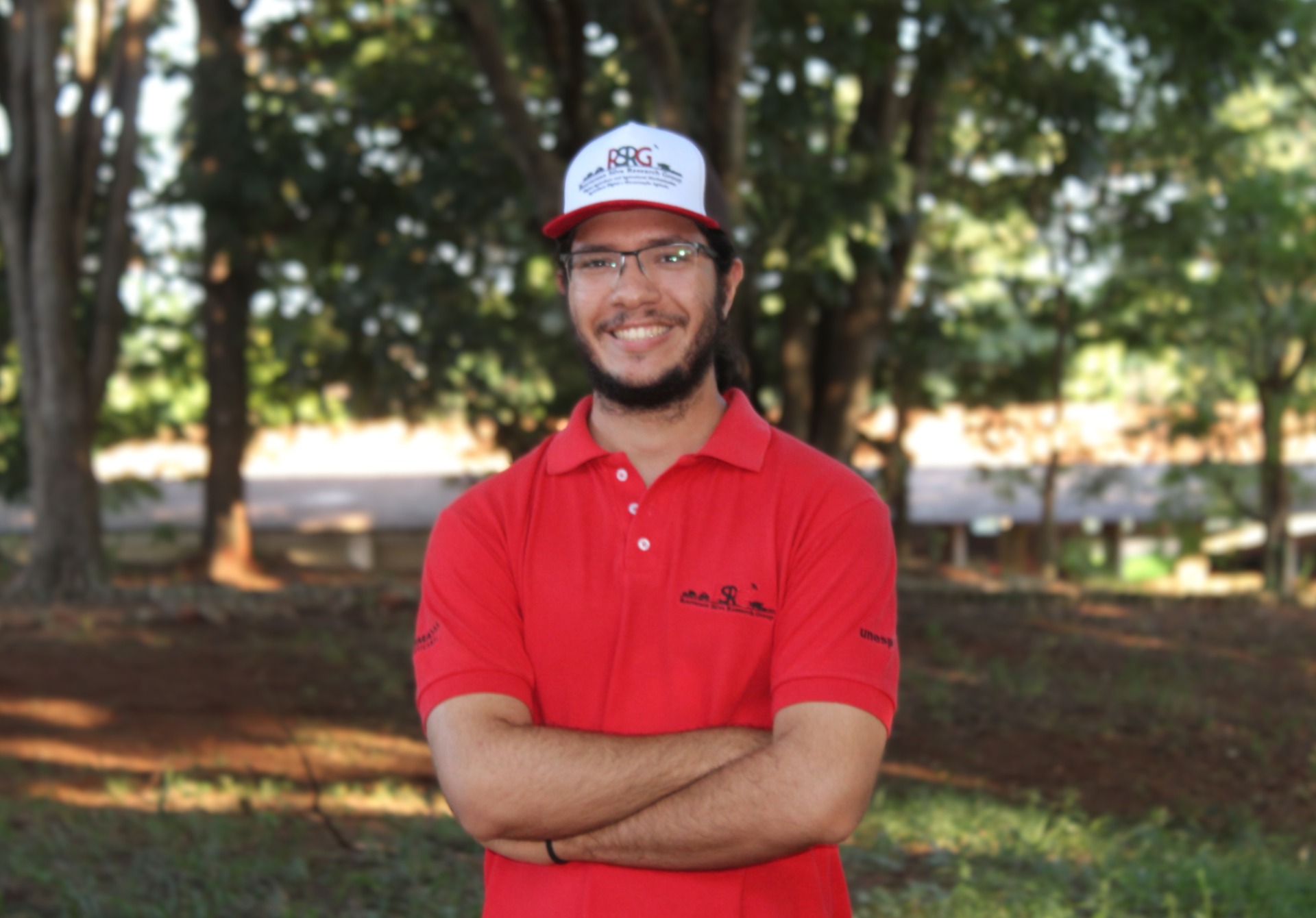
Rafael Henrique de Souza Silva | ORCID | Linkedin | Curriculum
FAPESP Fellow
"Each management practice is a choice for the future."
Project: CO₂ emissions in three soil tillage systems in peanut cultivation
Objective: To evaluate the effects of soil management on CO₂ emissions originating both from the soil and from tractor combustion under different tillage systems. The approach considers the influence of mechanization on agricultural sustainability, aiming to propose practices that reduce environmental impacts and preserve natural resources.
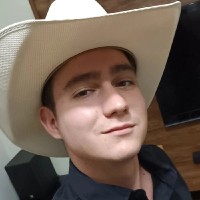
Rafael Javarotti Hass | ORCID | Linkedin | Curriculum
"Soil matters: reducing invisible losses for a smarter harvest."
Project: Impacts of soil mechanical resistance to penetration on losses from mechanized peanut digging
Objective: To verify the variability and the possible relationship between soil mechanical resistance to penetration, pod detachment force, and invisible losses during mechanized peanut digging.
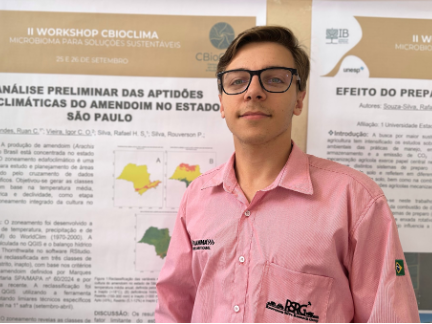
Ruan Capacle Mendes | ORCID | Linkedin | Curriculum
FAPESP Fellow
"Mapping the future of peanut cultivation: strategic agroclimatic zoning to safeguard yield in a changing climate"
Project: Climate risk modeling for peanut ultivation in São Paulo State under various climate change scenarios
Objective: To develop an agroclimatic zoning plan for the state of São Paulo to identify suitable zones for peanut cultivation based on temperature, water deficit, and slope.
Students in Secondary and Technical Education

Arthur Márcio Bahr de Sá | ORCID | Linkedin | Curriculum
CNPq Fellow
"Real-time insights for real-world farming."
Project: Embedded system for monitoring sistance, speed, and slippage of agricultural machinery using Arduino
Objective: To develop an embedded system that captures electromagnetic pulses from induction sensors attached to tractor wheels, measuring distance, speed, and wheel slippage index. The goal is to enable precise monitoring during agricultural operations.

Davi Santos Morcelle | ORCID | Linkedin | Curriculum
CNPq Fellow
"Embedded precision: monitoring fuel, maximizing performance."
Project: Fuel consumption monitoring system for agricultural machinery using Arduino microcontroller
Objective: To develop an embedded system with Arduino for data collection, processing, and recording to monitor fuel consumption, aiming to accurately and in real-time track the amount of fuel used during agricultural operations.
